Description
This book provides a clear, comprehensive, and critical account of the major systems of Indian philosophy, serving as a reliable guide for anyone seeking to understand the intellectual foundations of India’s philosophical traditions in a single volume. Drawing from original sources and shaped by the author’s years of experience teaching postgraduate students at Banaras Hindu University, the work combines scholarly depth with clarity of exposition, making it accessible to both serious students and general readers interested in philosophy.
One of the book’s greatest strengths lies in its reliance on primary texts. On nearly all fundamental points, the author either quotes directly from or carefully refers to the original sources, enabling readers to engage with the authentic voices of India’s philosophical masters. This approach ensures accuracy and invites readers to compare the interpretations offered in the book with the original works themselves. Many philosophical ideas, often presented in obscure or difficult language, are explained here with a precision and fairness that help to clarify concepts frequently misunderstood or misrepresented in secondary literature.
The author notes that ignorance of Indian philosophy—especially the profound systems of Buddhism and Vedānta—has often led to ill-informed criticisms and distorted accounts in the past. By contrast, this book aims to correct such misconceptions by presenting each system impartially, avoiding both exaggerated praise and unfair dismissal. While honest differences of interpretation are inevitable in philosophy, the author argues that such differences should emerge from sincere engagement with the original texts rather than from preconceived notions imposed upon them. The work, therefore, not only introduces philosophical ideas but also models the intellectual discipline required for their proper understanding.
The scope of the book is both broad and well-structured. It opens with a survey of Indian philosophical thought as it appears in the Vedas, the Upaniṣads, and the Bhagavad Gītā—texts that form the spiritual and intellectual foundation of Indian culture. From this starting point, it moves on to examine diverse traditions such as Materialism, Jainism, and early Buddhism, including schools like Śūnyavāda (the doctrine of emptiness), Vijñānavāda (the doctrine of consciousness), and Svatantra Vijñānavāda.
A major portion of the book is devoted to the six classical systems of Indian philosophy: Nyāya, Vaiśeṣika, Sāṅkhya, Yoga, Mīmāṃsā, and Vedānta. The discussion of Vedānta is especially rich, covering the pre-Śaṅkara period, the Advaita Vedānta of Śaṅkara, and post-Śaṅkara developments. It also explores the theistic schools of Vedānta, including the philosophies of Rāmānuja, Madhva, Nimbārka, Vallabha, Caitanya, and even the modern interpretations of Aurobindo, thus tracing the evolution of Vedāntic thought across centuries.
The book does not treat these systems in isolation but also offers a comparative study, particularly between Buddhism and Vedānta, highlighting the similarities and differences that have shaped Indian metaphysical and spiritual thought. Moreover, it provides clear expositions of the Śaiva Siddhānta, Kashmir Śaivism, and the Śākta schools, giving readers a complete view of India’s diverse philosophical landscape.
Throughout, the author maintains a careful balance between depth and clarity. The writing avoids unnecessary technicalities while preserving philosophical rigor, making it suitable for readers who want more than a superficial overview but who may not have specialized training in Sanskrit or classical Indian thought. Complex doctrines are presented in straightforward language without oversimplifying the ideas or neglecting their subtleties.
Importantly, the author acknowledges that this work is not an exhaustive study. Indian philosophy is a vast field, far too extensive to be captured fully in any single volume. Rather than aiming at completeness, the book seeks to provide a reliable and insightful introduction that captures the essential ideas of each system, stimulates further study, and removes long-standing misconceptions.
By combining critical analysis with faithful interpretation, and by engaging directly with original sources, the book serves as both a scholarly resource and a gateway for readers who wish to explore India’s profound philosophical heritage. It invites readers to appreciate not only the intellectual depth but also the spiritual richness of these traditions, encouraging them to approach Indian philosophy with both open-mindedness and critical insight.

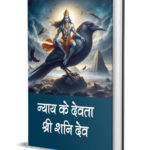
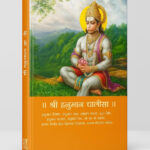
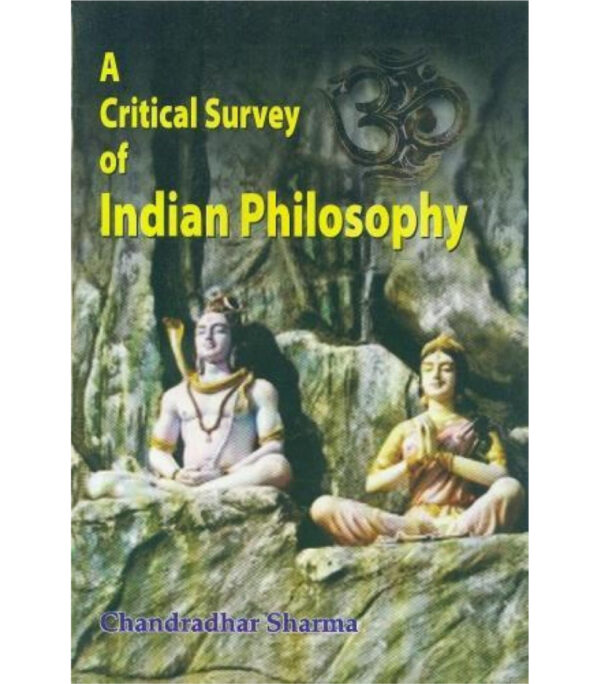
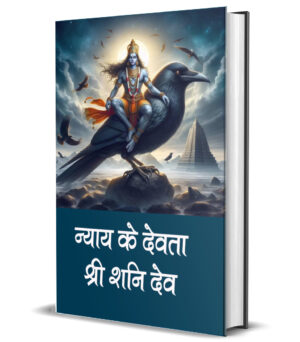
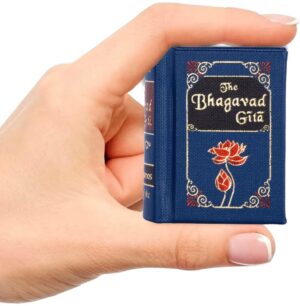
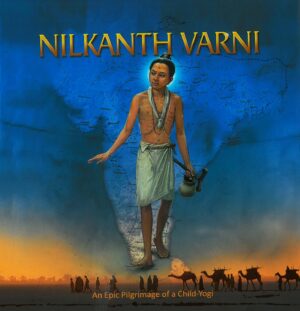
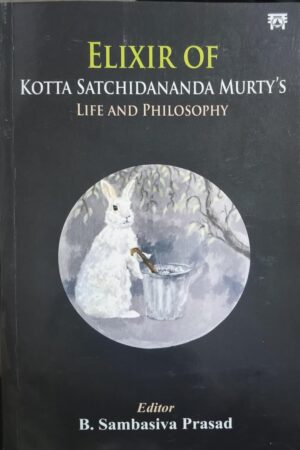
Reviews
There are no reviews yet.